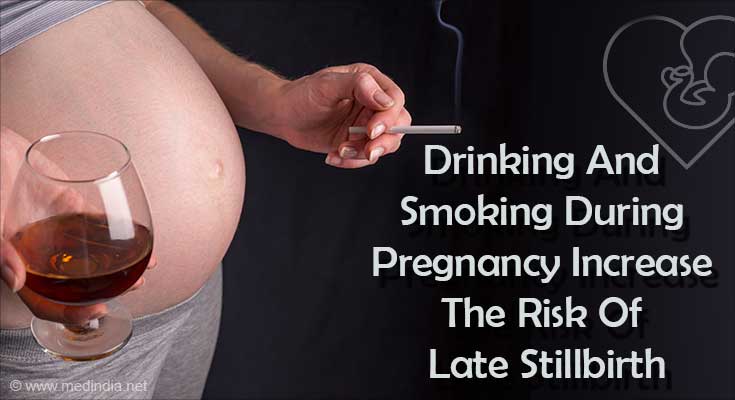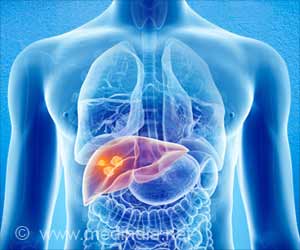CDC defines stillbirth as the death or loss of a baby before or during delivery. Both
and stillbirth refer to pregnancy loss, but a miscarriage is usually defined as the loss of a baby before the 20th week of pregnancy, and
Stillbirth has become a global problem, with a reported overall rate in 2015 of 18.4 per 1000 births. In the United States, stillbirth affects about 1 in 160 births, and each year about 24,000 babies are stillborn.
In many cases, the reasons go unexplained, but problems with the placenta or umbilical cord, high blood pressure, infections, birth defects, or poor lifestyle choices are considered factors that increase the risk of stillbirths.
National Institute on Alcohol Abuse and Alcoholism warns against alcohol consumption during pregnancy because of its potential to cause neurodevelopmental abnormalities in children. Smoking during pregnancy is also known to increase the risk for pregnancy complications and infant health problems.
Is Prenatal Exposure to Maternal Drinking and Smoking Associated with the Risk of Stillbirth?
The analysis was a part of the Safe Passage Study, for which 8506 pregnant women from Cape Town, South Africa, and the Northern Plains region of the US were recruited and followed up throughout pregnancy.
A team of researchers from the Prenatal Alcohol in SIDS and Stillbirth (PASS) Network collected data about the alcohol and tobacco cigarette consumption of participants based on the details reported by themselves. All these details were captured at the recruitment interview and up to 3 scheduled visits during pregnancy.
The data of nearly 12,000 pregnancies among more than 8,500 women were analyzed to derive the link between smoking and alcoholism and the risk of experiencing stillbirths. The primary outcomes under investigation were stillbirth (fetal death at 20 or more weeks gestation) and late stillbirth (fetal death at 28 or more weeks gestation).
The results of the study suggest that women who smoked and drank simultaneously through the first trimester and beyond had 2.78 times the risk for late stillbirth compared to the pregnant women who did not drink or smoke or who quit both before the second trimester.
Want to Stay Away from Cigarette and Alcohol?
- Have a positive mindset and set realistic goals
-
Focus on one habit at a time and try to break the association of smoking with drinking - Cut down a little every day so that you can gradually reverse the habit
-
Consider engaging yourself with gatherings that impose non-drinking/non-smoking rules - Feel free to seek medical assistance or substance abuse rehabilitation programs, E.g., Nicotine replacement therapies
References :
-
Odendaal H, Dukes KA, Elliott AJ, Willinger M, Sullivan LM, Tripp T, Groenewald C, Myers MM, Fifer WP, Angal J, Boyd TK, Burd L, Cotton JB, Folkerth RD, Hankins G, Haynes RL, Hoffman HJ, Jacobs PK, Petersen J, Pini N, Randall BB, Roberts DJ, Robinson F, Sens MA, Van Eerden P, Wright C, Holm IA, Kinney HC; Prenatal Alcohol in SIDS and Stillbirth (PASS) Network. Association of Prenatal Exposure to Maternal Drinking and Smoking With the Risk of Stillbirth. JAMA Netw Open. 2021 Aug 2;4(8):e2121726. doi: 10.1001/jamanetworkopen.2021.21726. PMID: 34424306. - Drinking and smoking during pregnancy linked with stillbirth, NIH-funded study suggests
– (https://www.nih.gov/news-events/news-releases/drinking-smoking-during-pregnancy-linked-stillbirth-nih-funded-study-suggests) - What is Stillbirth?
– (https://www.cdc.gov/ncbddd/stillbirth/facts.html)
Source: Medindia



